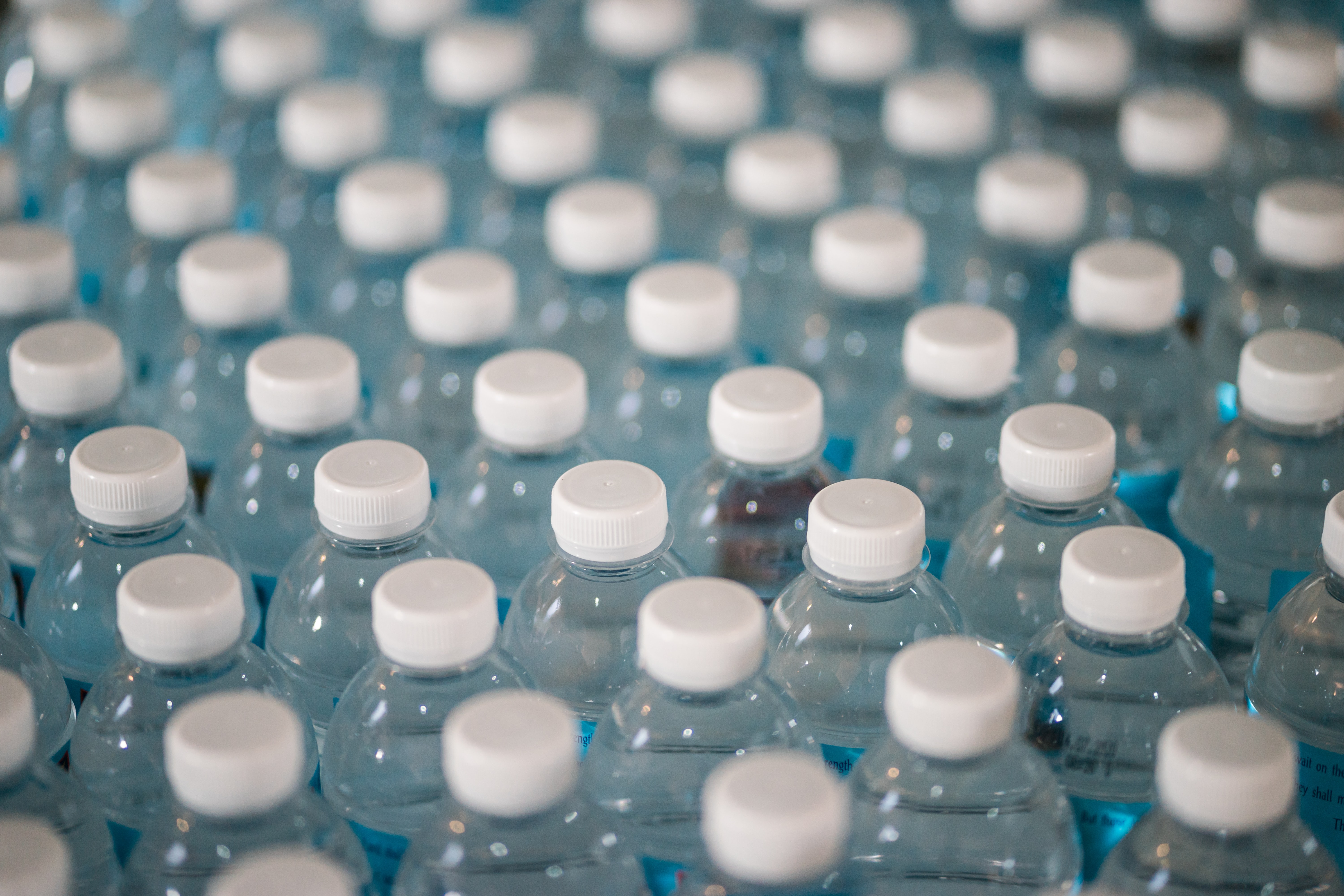A widespread reliance on bottled water is posing significant threats to both human health and the environment, with an estimated 1 million bottles bought every minute worldwide. This alarming figure is expected to increase as demand continues to grow, warn health experts in a new commentary published in BMJ Global Health. While around 2 billion people worldwide rely on bottled water due to limited access to safe drinking water, for the majority, its use is a matter of convenience, according to researchers from Weill Cornell Medicine in Qatar.
This trend has been fueled by marketing campaigns that promote bottled water as being safer and healthier than tap water—claims the researchers say are misleading. Indeed, up to two-thirds of bottled water in the U.S. is simply repackaged tap water, the authors noted, and recent studies have found cancer-causing chemicals in bottled water in the San Francisco Bay Area.
In light of these findings, it is crucial to examine the implications of bottled water consumption on both our health and the environment. As we delve deeper into this topic, we will uncover the risks associated with bottled water, the environmental impact, and the alternatives that can reduce our dependency on plastic bottles.
What You Will Learn
- Bottled water poses health risks due to contamination and chemicals.
- Plastic bottles significantly contribute to environmental pollution.
- Most bottled water is just repackaged tap water.
- Alternatives to bottled water can promote better health and sustainability.
Understanding the Risks of Bottled Water
Bottled water is often perceived as a safe and convenient alternative to tap water. However, it comes with its own set of health risks. Studies indicate that harmful chemicals, such as bisphenol A (BPA) and phthalates, can leach into the water, especially when bottles are exposed to heat or sunlight. In fact, recent research has found contaminants, including microplastics, in up to 78 percent of bottled water samples.
Microplastic contamination has been linked to various health issues, including oxidative stress and immune system disruption. Exposure to these pollutants can have serious long-term health consequences. Furthermore, the long-term effects of many of these contaminants remain largely unknown, raising concerns about the safety of consuming bottled water regularly.
The Environmental Toll of Bottled Water
The environmental impact of bottled water is staggering. Plastic bottles account for about 12 percent of ocean plastic pollution, making them the second most common plastic waste found in the sea. Unfortunately, only 9 percent of these bottles are recycled, with the majority ending up in landfills, incinerators, or being shipped to low- and middle-income countries.
This situation raises ethical concerns regarding waste management and social justice. Lower-income communities often bear the brunt of plastic waste and pollution, while the consumption of bottled water is predominantly seen in more affluent sections of society. As lead author Amit Abraham points out, "So often the people who are contributing to the problem do not necessarily suffer the most from the impacts of that problem."
Alternatives to Bottled Water
As awareness grows around the health and environmental risks associated with bottled water, it is essential to consider practical alternatives. Increasing access to safe drinking water in public spaces is one effective way to reduce reliance on bottled water. Additionally, investing in reliable tap water infrastructure, especially in low- and middle-income countries, can address the root causes of bottled water dependency.
Moreover, individuals can take simple steps to decrease their consumption of bottled water. Using reusable bottles, opting for water filters, and supporting initiatives aimed at limiting single-use plastics are all viable strategies. By prioritizing tap water consumption, we can collectively combat the challenges posed by bottled water and embrace a more sustainable approach.
Final Thoughts on Bottled Water Consumption
Ultimately, the onus is on governments, regulatory bodies, and individuals to rethink their policies and practices surrounding bottled water. By fostering a culture of sustainability and health awareness, we can work towards reducing bottled water consumption and mitigating its negative impacts on both our health and the environment.
As a precautionary measure for consumers who keep emergency water supplies, such as those facing natural disasters, it is advisable to replace stored water regularly to avoid potential leaching of harmful chemicals. Alternatively, using non-plastic containers can further enhance safety.
Do you have a tip on a science story that Newsweek should be covering? Do you have a question about water quality? Let us know via science@newsweek.com.
Abraham, A., Cheema, S., Chaabna, K., Lowenfels, A. B., & Mamtani, R. (2024). Rethinking bottled water in public health discourse Commentary. BMJ Glob Health, 9, 15226. https://doi.org/10.1136/bmjgh-2024-015226
Trump's 2024 Election Chances Diminish Following Biden's Campaign Exit
A Heartbreaking Look At Life With A Dog Suffering From Dementia
Putin's Claims On Ukraine War Casualties: A Closer Look


